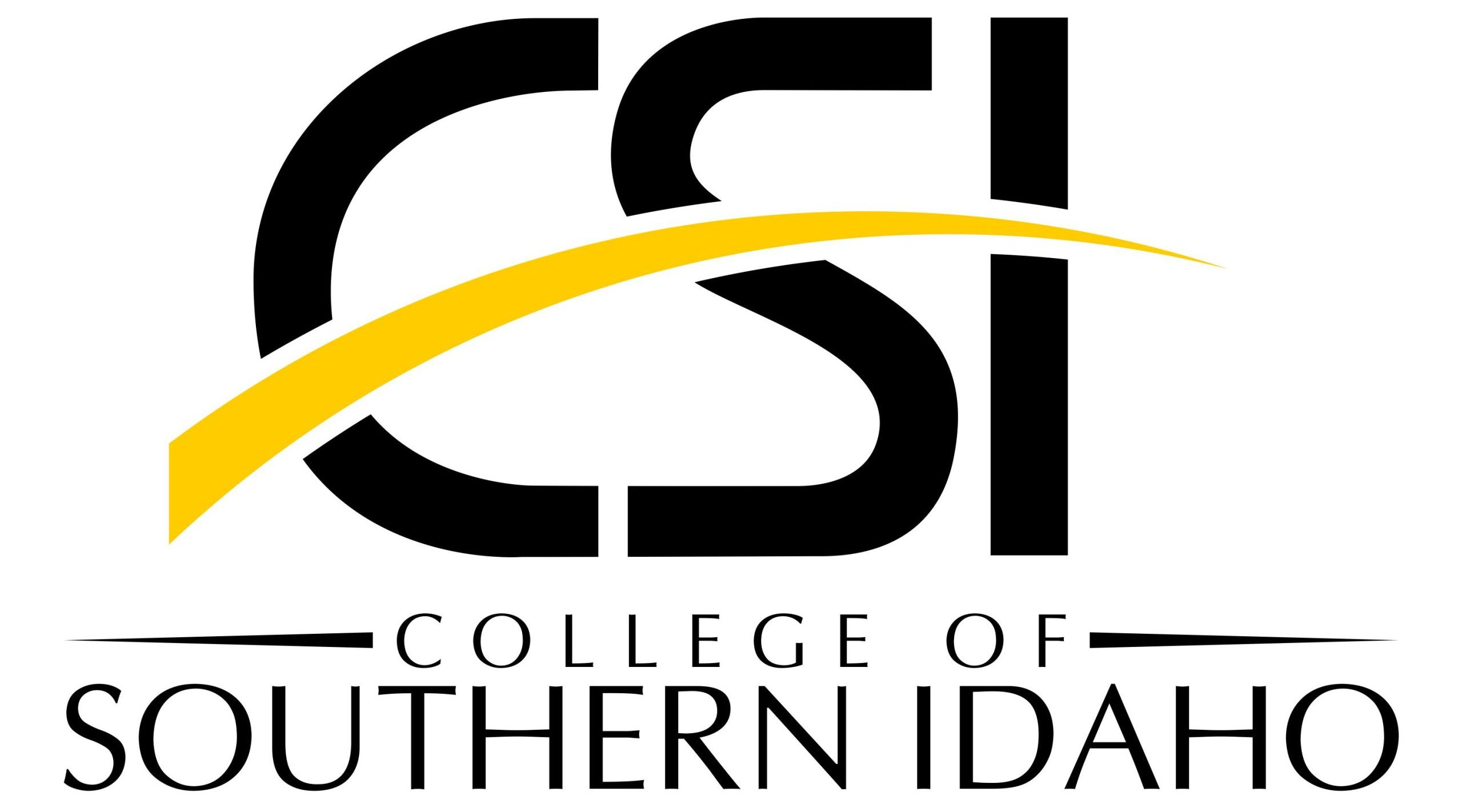Like it or not, when higher learning began to specialize, fields of study started on the long path to siloization. Prior to the rise of the university (speaking very generally), wealthy, educated persons worked to obtain knowledge that was both deep and broad. The structure of contemporary higher education still emphasizes the necessity and importance of general education and requires learners to dabble in areas other than the ones in which they plan to specialize, but each discipline has its standards, scope, languages, and shorthand for understanding and communicating knowledge. Even though we have “English” in common, specialization within each way of knowing leads to subtle shifts of meaning, tone, convention, and what counts as credible authority.
CSI’s program of general education specifically calls out the value of general education in our Gen Ed Program and through GNED 101 – Introduction to General Education course. The first goal of that course is to “provide an environment in which students can discover their own value of general education and recognize their own achievements in that pursuit” (GNED 101 Course Goal #1). Community colleges are particularly well positioned to give learners opportunities to develop not only knowledge but the durable skills that give stakeholders confidence that higher education is valuable and worthwhile.
While consilience is certainly a significant goal of higher education, we recognize that all disciplines (or nearly all) require such a degree of specialized and in-depth knowledge that there is often little if any time to address the ways in which knowledge systems fit together.
And yet…
Consistent with its mission, CSI’s courses seek to provide disciplinary content that is vetted, authoritative, reliable, and useful. The college hires experienced, credentialed professionals who bring disciplinary knowledge and expertise, but not necessarily experience or expertise in teaching. Through a well-established onboarding system that we call the Effective Teaching Academy, new instructors at CSI work to become familiar with the expectations of teaching excellence and continuous improvement inherent in the college’s mission. Over the course of their first three years, they work with the Teaching and Learning Center, department chairs, mentors, and the larger campus community to become stellar teachers.
So…
Subject matter experts become expert teachers at CSI. Learners sit at the heart of every course. Learning is available to every CSI stakeholder including those who participate from a distance via our online courses.
Noun
siloization (uncountable)
(management, informatics) The splitting of personnel, data, etc. into isolated units with poor communication.
https://en.wiktionary.org/wiki/siloization
Idaho State Board of Education policy III.N outlines four "ways of knowing" and two "integrative skills" endemic to institutions of higher education programs of general education. The Four Ways of Knowing are: Mathematical, Scientific, Humanistic and Artistic, and Social and Behavioral. The Two Integrative Skills are: Written Communication and Oral Communication.
Sometimes all Six of these areas of study are identified as "ways of knowing."
“In his 1941 classic Man on His Nature, the British neurologist Charles Sherrington spoke of the brain as an enchanted loom, perpetually weaving a picture of the external world, tearing down and reweaving, inventing other worlds, creating a miniature universe. The communal mind of literate societies—world culture—is an immensely larger loom. Through science it has gained the power to map external reality far beyond the reach of a single mind, and through the arts the means to construct narratives, images, and rhythms immeasurably more diverse that the products of any solitary genius. The loom is the same for both enterprises, for science and for the arts, and there is a general explanation of its origin and nature and thence of the human condition, proceeding from the deep history of genetic evolution to modern culture. Consilience of causal explanation is the means by which the single mind can travel most swiftly and surely from one part of the communal mind to the other” (Wilson, E.O. Consilience. 1998).

